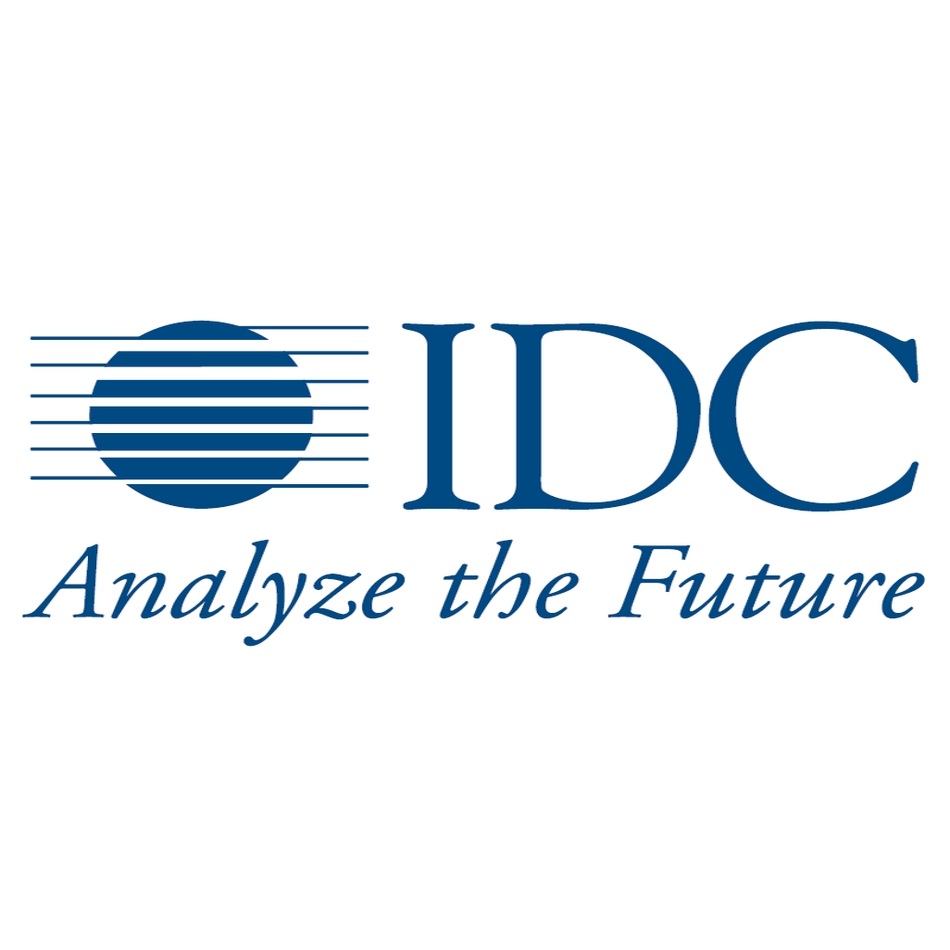London- Selling data, or the so-called “Big Data,” has been discussed a lot recently, and it means the amounts of very large personal and professional information that can be analyzed to detect patterns, trends, groups, and situations relating to human behavior and interactions.
This data is a daily cumulative product of what internet and social media users provide from their personal information online, such as photos, personal data, comments about their lives, ideas and affiliations, their diet, travel, health, sport, income, sex, entertainment and cultural interests.
Four companies account for about 90 percent of this significant personal information – Google, Facebook, Apple, and Amazon – according to a report by International Data Corporation (IDC).
According to specialized reports, the volume of the digital world will amount to 180 Zeta bytes( ZB) (180 followed by 21 zeros) in 2025 due to the high demand for internet in various areas of our lives.
While Facebook and Google, for example, initially used data collected from users to better target their targeted ads, both companies and others have discovered in recent years that this data could be transformed into a number of “cognitive” services and contribute to boosting artificial intelligence. Some generate new sources of income by assessing users’ personalities by screening their writings and visualizing them for purposes that can be sold to other companies for use in their own products or even for use by governments for legitimate security purposes.
That income now forms part of the market values of technology and internet companies, which explains why traditional giants have gone beyond them in other sectors. For instance, the market value of Amazon has doubled 21 times in 10 years while the market value of the US retailer Walmart has increased only 1.5 times during the same period.
If Uber is valued at $68 billion, it is partly because it has the largest set of data on supply (drivers) and demand (passengers). This could benefit companies such as Tesla Motors, which relies on a huge amount of personal transport data to design its latest models.
Global data revenues and business analysis based on these data are expected to reach $151 billion in 2017, an increase of 12.4 percent from 2016, according to a recent report published by IDC that is specialized in research and consultations. The combined annual growth rate for the purchase of equipment, software and services for large data and business analysis for trade will reach about 11.9 percent in 2020.
The report said that annual revenues for both cloud services, data and analysis will increase to $200 billion by 2020.
